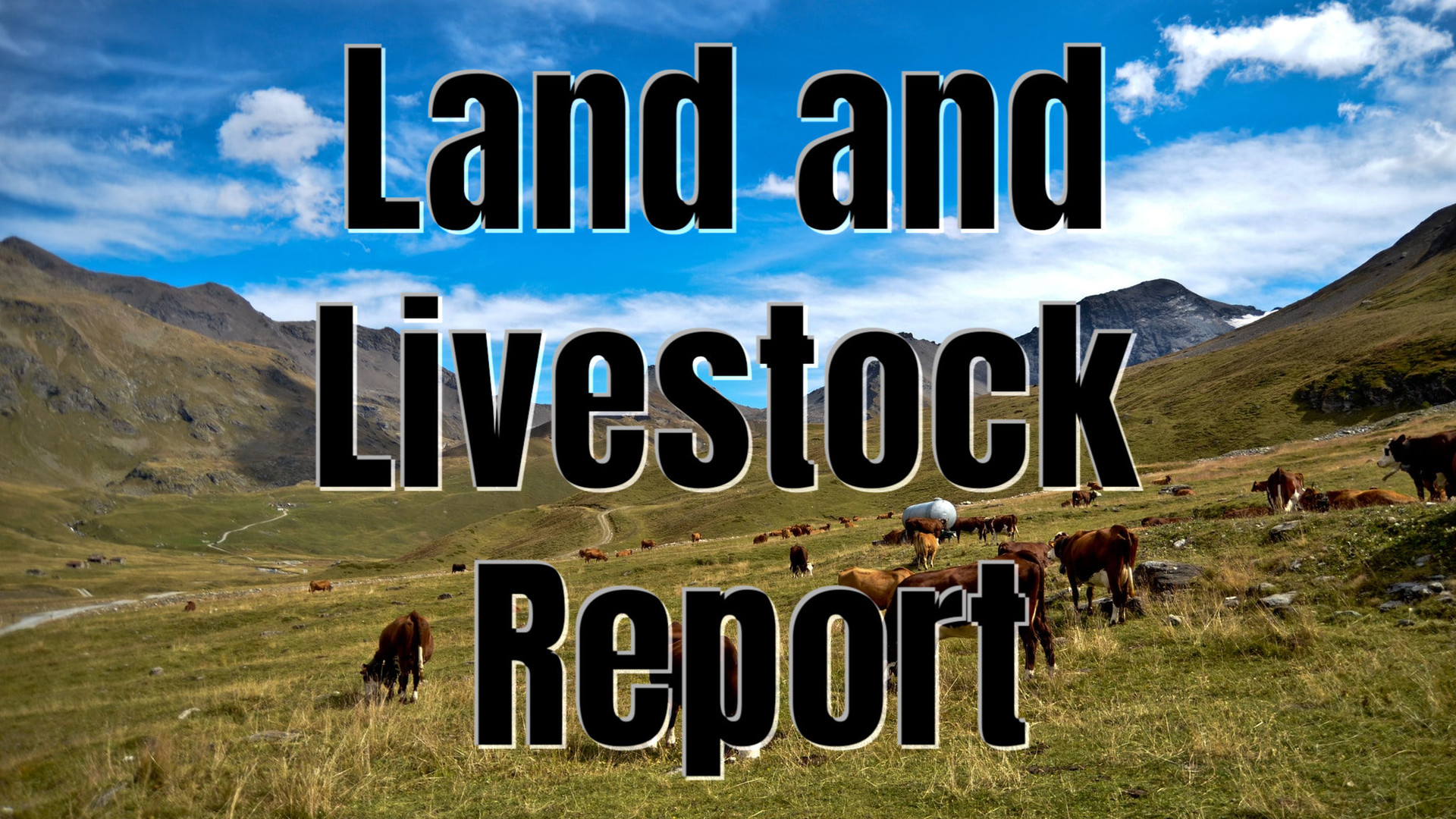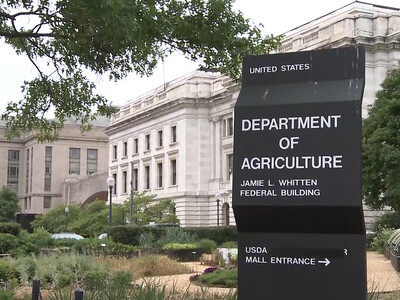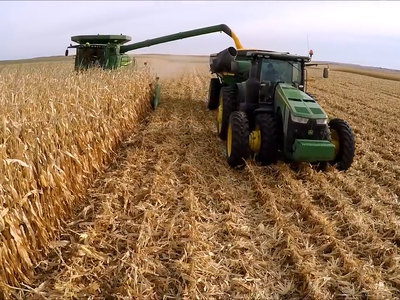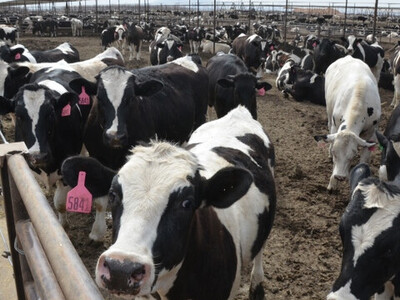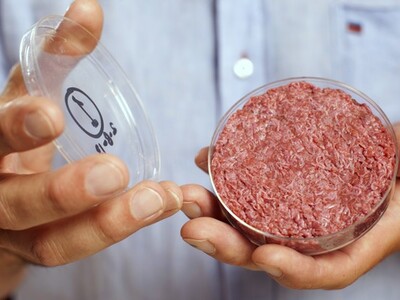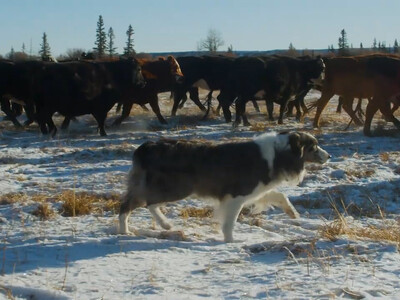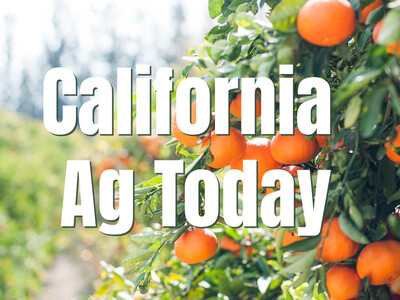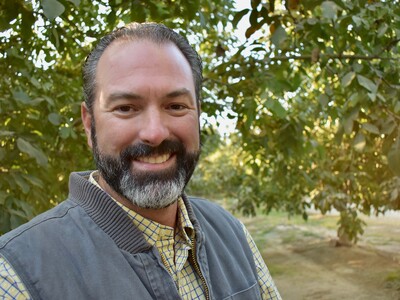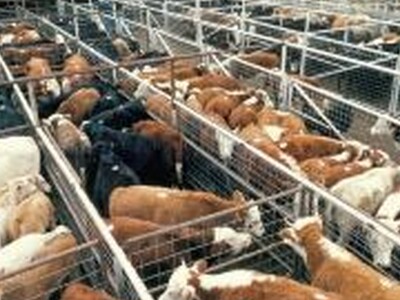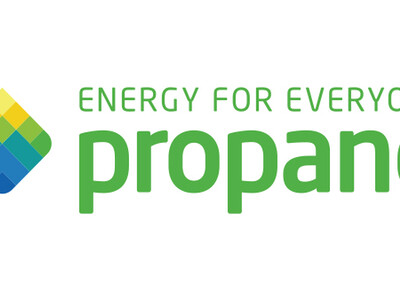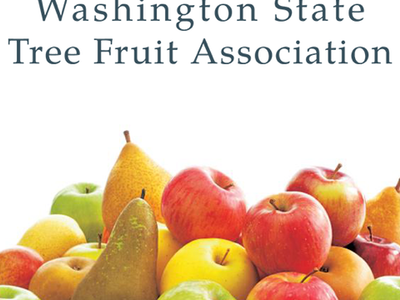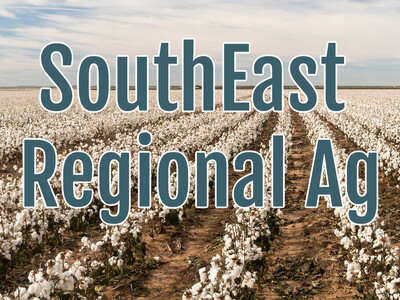Grass Fed Beef Not Better For Environment
Kind of interesting to discover an article that touted the fact that new research suggests grass-fed beef isn't better for the environment in the Sustainable Life section of the Portland Tribune. Welcome to today’s Open Range, I’m Susan Allen back after the break. The environmental movement has taught that cattle raised on pasture are better for the environment than those who are kept in concentrated feeding operations and most people believe this. Imagine my surprise when I discovered an article in a sustainable living section of the Portland Tribune that presented the case that finishing cattle in feed lots is better for the environment. One reason stated is that “cattle are larger and grow faster today, thus the cattle population has been lowered by 5 million over a 30 year period, reducing land use by 30 percent, water use by 14 percent and green house gas emissions by 33 percent”. Jude Capper a WSU animal science professor who has spent years studying the energy output of beef was also quoted by the Tribune as saying that “grass-finished cattle require 2.5 percent more energy than feedlot cattle. Also that “ cows that eat grain during the final months before slaughter grow two to three times faster meaning ranchers grow more beef with less resources Finishing a 1,200 pound corn –fed cow requires 3 acres of land while feedin gout a grass fed requires 9 acres. Finally a grain diet and shorter life span equate to one-third less methane output of a grass fed cows”


